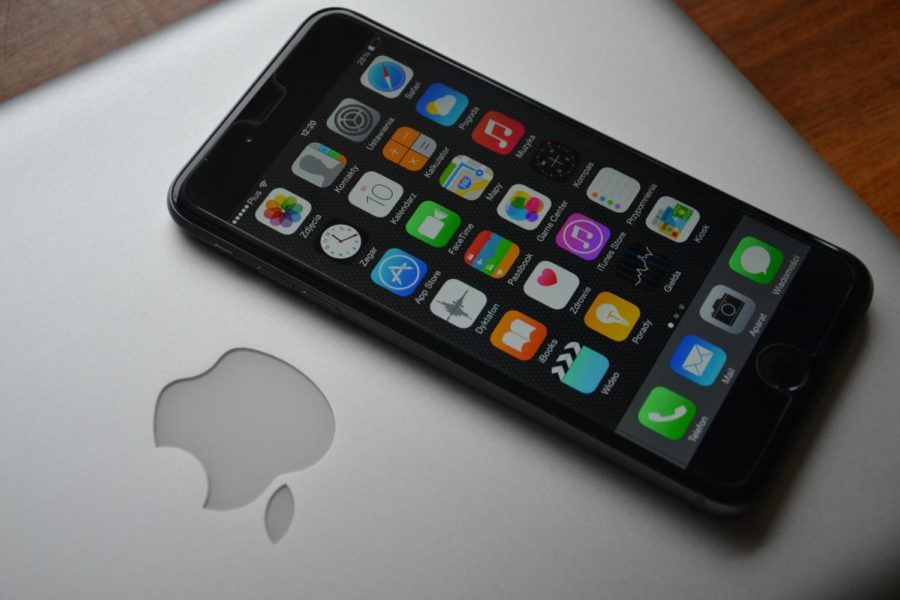Do people spend too much time staring at screens?
May 9, 2022
According to a study by DataReportal, a person on average will spend up to seven hours a day staring at an electronic screen. Despite that, Americans actually spend less time on electronics than the worldwide average. During the pandemic, it was discovered that children were exceeding the recommended two-hour daily limit. Meanwhile, children aged 12 to 13 years old were found to have doubled their non-school related screen time from 3.8 hours to 7.7 hours during the pandemic. Even after the pandemic, America remains its place in screen-usage compared to the world, with the highest screen use being Argentina.
Considering that the average person spends 8 hours or more sleeping, that would mean that we are spending roughly 44 percent of our conscious hours looking at a screen. A study by the Environmental Protection Agency found that the average American spends 93% of their life indoors. Translating to one day per week outdoors. Going outside more can have great health benefits, like increased vitamin-intake, better moods, not to mention the potential friends one can make. Spending time outdoors can also improve focus, mental health, and decrease cancer risk.
With smartphones being so common in today’s world, communication is easier than ever. Many people are unaware of the addictive nature of smartphones. Nowadays, any moment someone has any downtime, their first instinct is to reach for a phone, whether it be to talk to someone, play a game, or just check for notifications, due to the versatility of the modern day smartphone.
Smartphone addiction isn’t inherently bad or negative, although it can have rough consequences, like a lower general mood, inability to socialize as easily as those who spend more time physically talking to others as opposed to texting or calling, can create separation anxiety. Otherworldly, being unable to limit yourself can lead to a unrhythmic sleep pattern or sleep deprivation, eye strain, productivity interference or procrastination, worsening attention spans, increased depression rates.




















